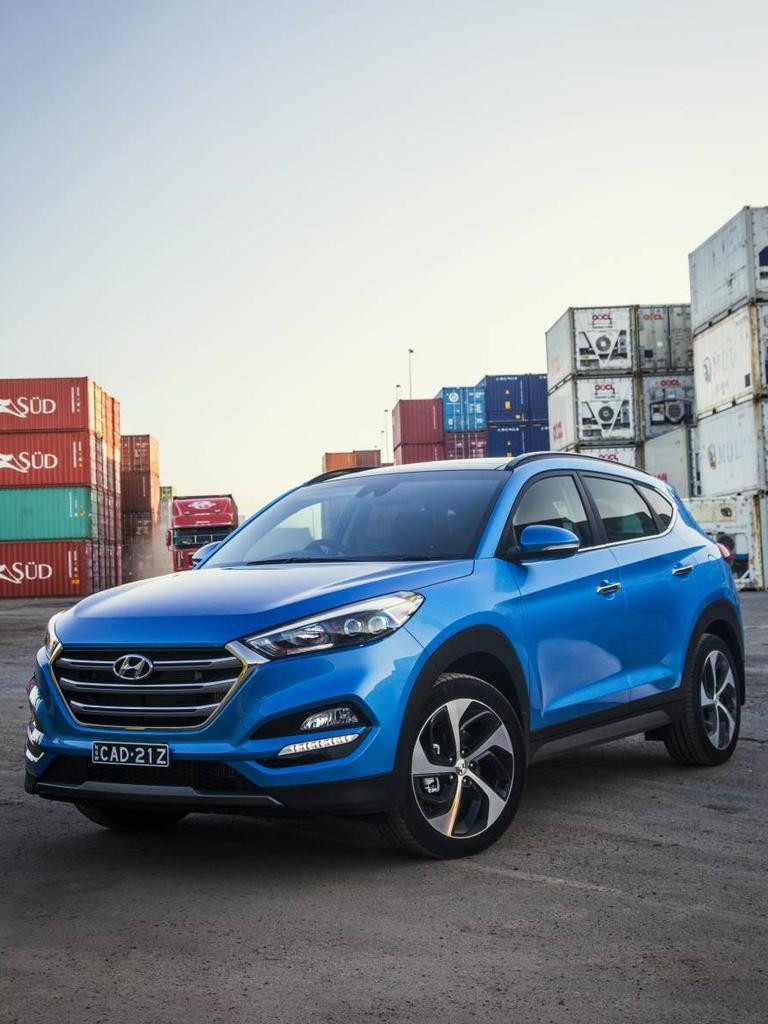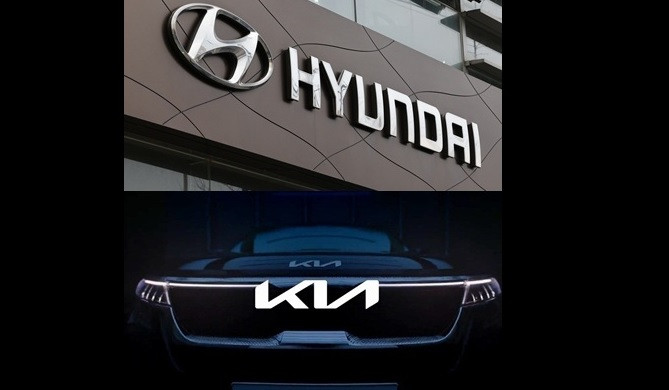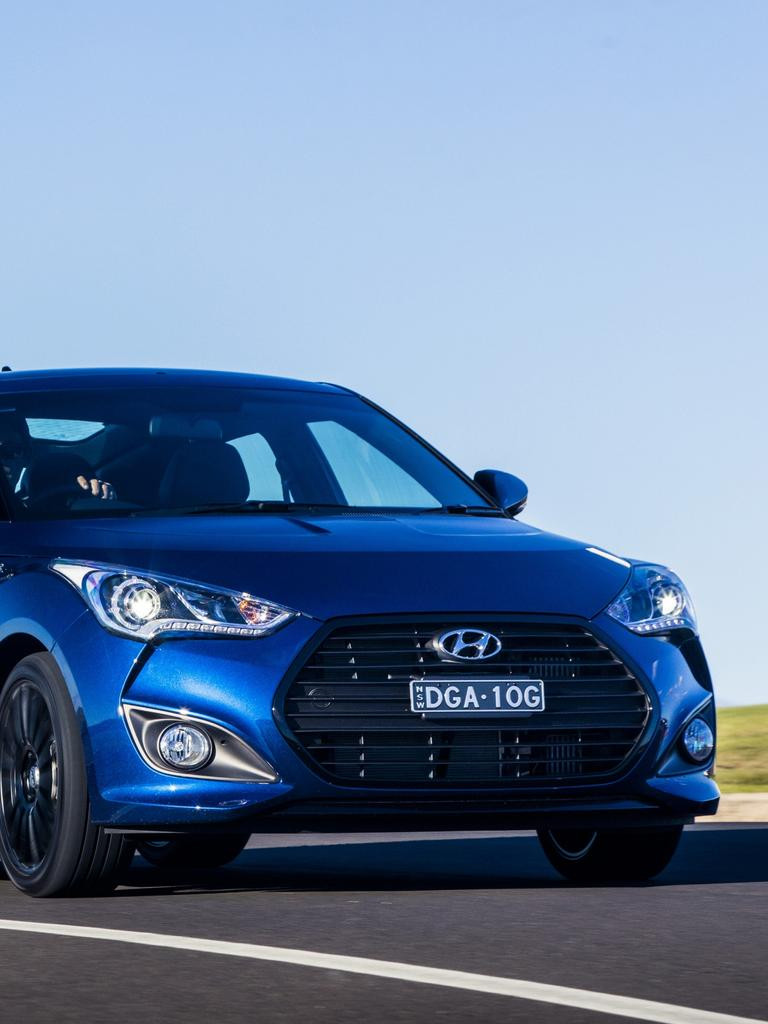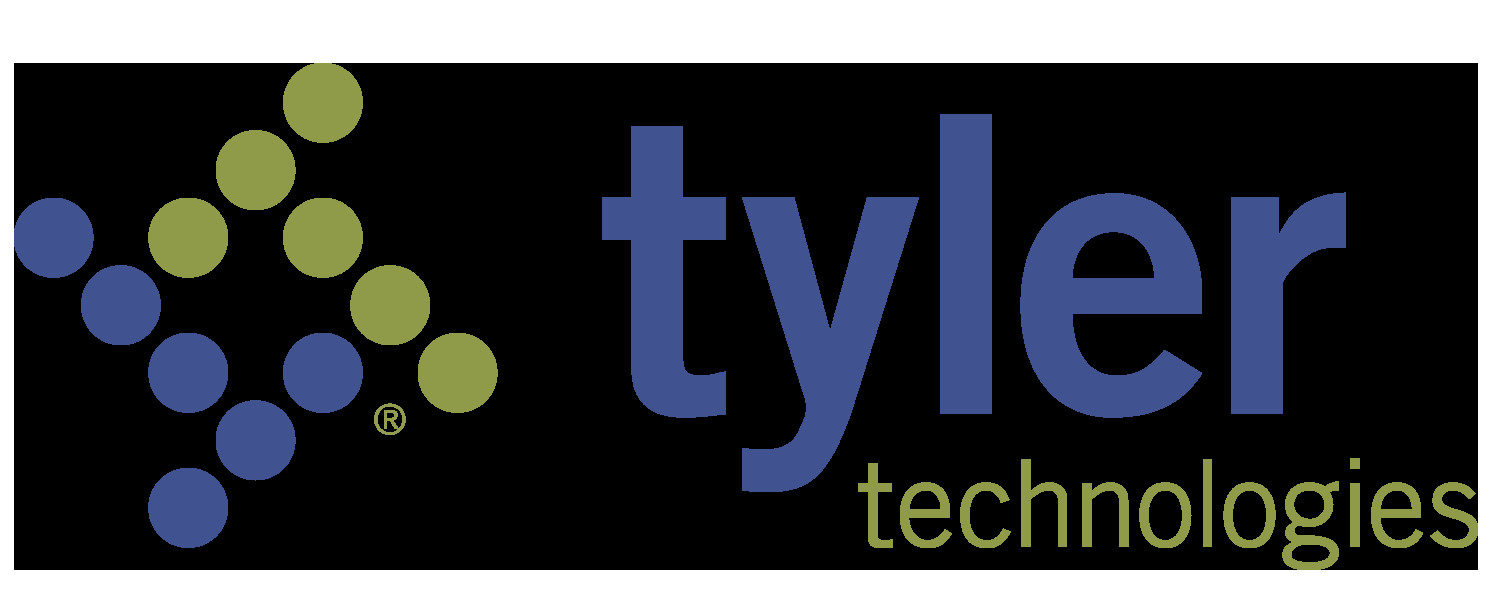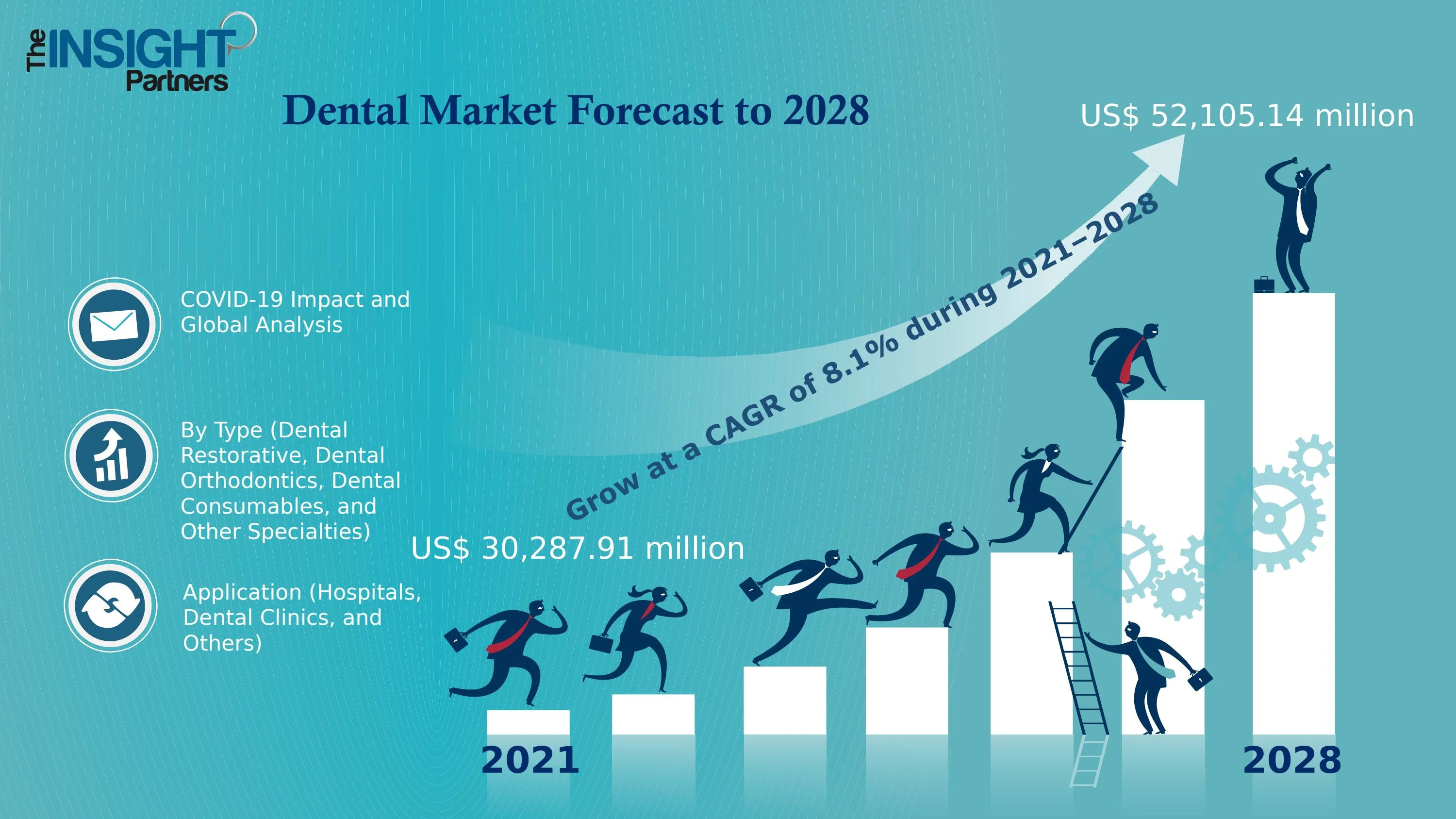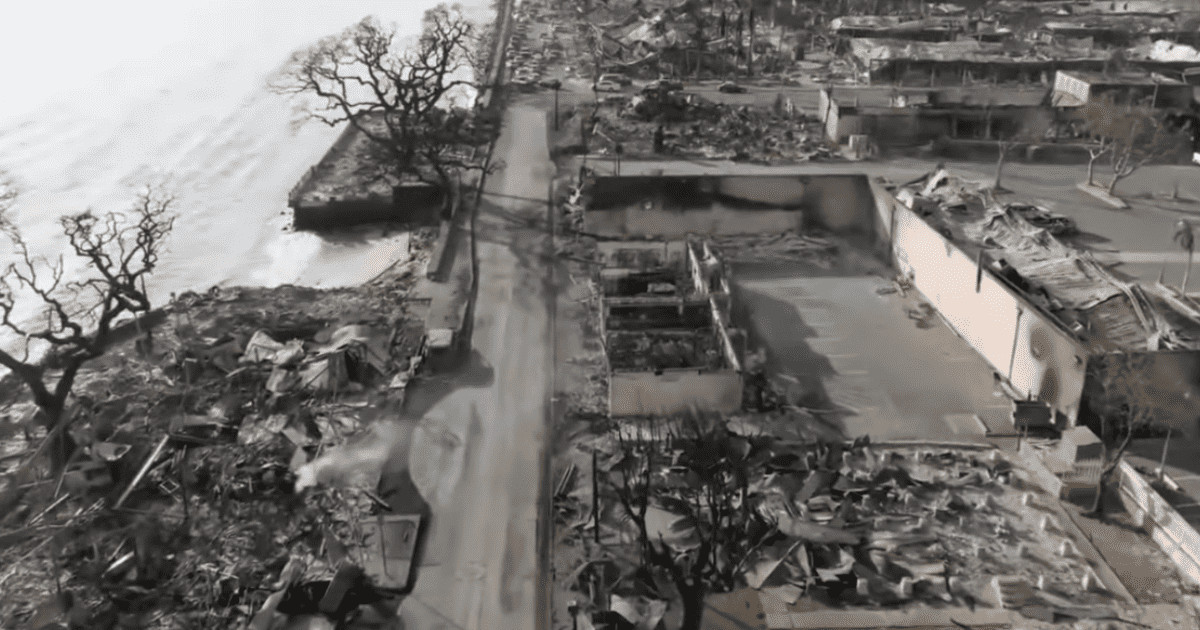Urgent Recall: Hyundai Recalls 226,000 Vehicles Due to Failing Rearview Cameras
Hyundai, the South Korean automaker, has issued a recall affecting more than 226,000 SUVs and cars in the United States due to a critical issue with their rearview cameras. This widespread recall encompasses specific models of the Santa Fe and Elantra, manufactured between 2021 and 2022. The problem stems from solder joints on a printed circuit board within the camera system, which can develop cracks over time. These cracks can eventually lead to complete camera failure, significantly reducing the driver's visibility and posing a considerable safety risk, particularly to pedestrians.
Understanding the Hyundai Recall
The recall was announced on Wednesday following reports from drivers who experienced intermittent, distorted, or entirely inoperative rearview camera displays. Hyundai’s investigation revealed the root cause: microscopic cracks forming in the solder joints of the printed circuit board. The National Highway Traffic Safety Administration (NHTSA) mandates that rearview cameras in U.S. vehicles must display a clear image within two seconds of the vehicle being turned on. The malfunctioning cameras in these Hyundai models clearly violate this critical safety regulation.
Impact on Drivers and Pedestrians
A malfunctioning rearview camera severely compromises a driver's ability to safely reverse or maneuver in tight spaces. This diminished visibility increases the risk of collisions and injuries, especially to pedestrians who may be in the vehicle’s blind spot. Hyundai has emphasized the potential danger to pedestrians and the steps they are taking to remedy the situation.
The Scope of the Recall
The recall covers a substantial number of vehicles: over 226,000 in the U.S. alone. This figure includes both Santa Fe and Elantra models from the 2021 and 2022 model years. Furthermore, a similar recall extends to Canada, impacting approximately 48,500 vehicles. This makes the overall number of affected vehicles a truly staggering figure.
Hyundai's Response and Next Steps
Hyundai is taking proactive steps to rectify the situation. Owners will receive notification letters starting January 19, 2025, informing them of the recall. Dealers will replace the faulty rearview cameras free of charge for all affected owners. Drivers can also proactively check their vehicle's identification number (VIN) on Hyundai's website to determine if their car is included in the recall. Any owners who have already paid for a camera replacement will be reimbursed by the company. This comprehensive approach demonstrates Hyundai’s commitment to customer safety and its willingness to address the problem decisively and thoroughly.
Fourth Recall This Month: A Troubling Trend
This recall marks Hyundai's fourth this month, adding to concerns about the automaker's recent quality control issues. Previous recalls addressed problems such as faulty transmissions that could cause the vehicle to roll away, damaged battery units, and defective sunshades. The sheer volume of recalls raises questions about Hyundai's manufacturing and quality assurance processes. The cumulative number of vehicles recalled by Hyundai this month alone exceeds 448,000. This alarming statistic highlights a pressing need for improved quality control within Hyundai's manufacturing processes.
Accumulated Recalls: A Year in Review
The scale of the problem extends beyond this month's incidents. According to NHTSA data, Hyundai has issued an astonishing total of 1,108,571 vehicle recalls in 2024. This immense figure indicates a significant pattern requiring thorough examination and systematic improvement. It emphasizes the importance of rigorous testing and comprehensive quality control measures to prevent future problems and safeguard customer safety.
Looking Ahead: Safety and Accountability
This situation underscores the critical importance of proactive safety measures in the automotive industry. Manufacturers have a responsibility to ensure the vehicles they produce meet the highest safety standards, and promptly address any identified defects to prevent accidents. This incident serves as a reminder of the potential consequences of negligence and the vital role of regulatory bodies like the NHTSA in overseeing vehicle safety.
Hyundai's response to this latest recall, while commendable, highlights the urgent need for ongoing improvements in their manufacturing and quality control processes. The sheer number of recalls this year signals a serious issue that needs prompt and effective resolution to regain consumer confidence and prioritize safety above all else. The company should invest in more thorough testing and quality control measures to avoid such large-scale recalls in the future.
The large-scale recall issued by Hyundai underscores the significance of stringent safety regulations and the importance of immediate action in addressing potential risks to drivers and pedestrians. This event has shed light on potential shortcomings in the manufacturing and quality assurance processes. The continuous effort to improve safety protocols is necessary not just for manufacturers but also for protecting consumers and maintaining public trust in the automobile industry.




